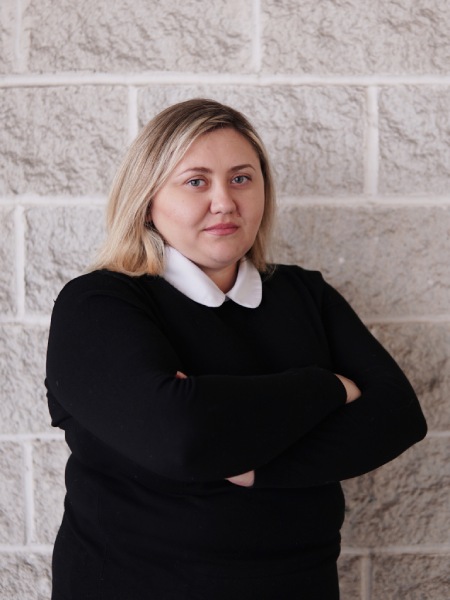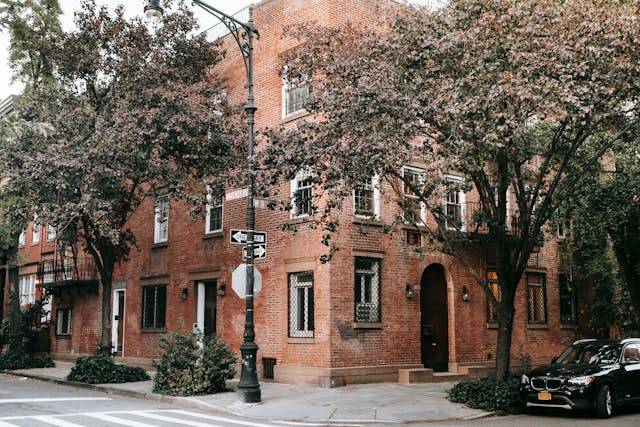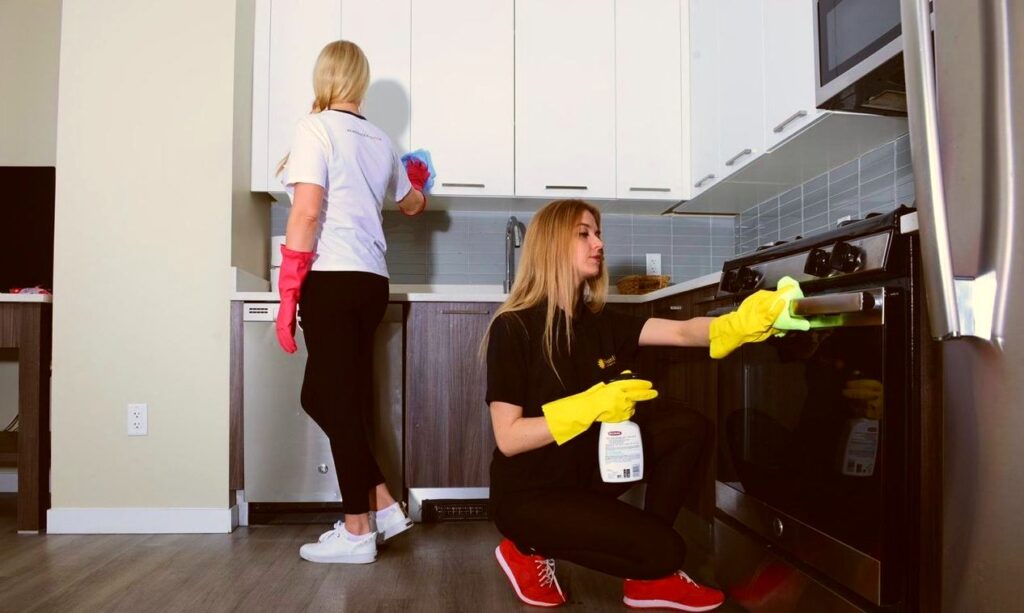Whether you’re a landlord or a tenant, the question of an end of lease cleaning is bound to come up. Everyone is caught up on a specific part of the issue – who’s responsible for cleaning the property when a tenant is moving out?
In most cases, the tenant must leave the place in a livable condition. But what if the tenant left without cleaning? In that case, do landlords have to clean between tenants in NYC?
The short answer is “yes”. While they don’t need to do a deep clean, landlords are expected to deliver rental units in a clean and sanitary condition. That means the place should be free from vermin, leaks, and other hazards.
If you want to learn more about your responsibilities as a NYC landlord or tenant, keep reading.
Table of Content:
1. Should Landlords Clean Between Tenants?
2. Legal Obligations of Landlords in NYC
3. New York City Housing Maintenance Code
4. Implied Warranty of Habitability
5. Lease Agreement Provisions in NYC
6. Do Landlords Have To Clean Between Tenants in NYC?
7. Get Move In/Move Out Cleaning Services For Your Rental Property
Should Landlords Clean Between Tenants in NYC?
Whether or not it’s legally required, both landlords and tenants should complete their part of the cleaning process. It’s not the responsibility of any one party -both should make the space clean and livable before the next client moves in.
However, a huge chunk of the responsibility goes onto the landlord’s shoulders. After all, they’re the owners, and it’s their property. Beyond that, a clean apartment benefits them for the most part.
For instance, it can encourage new tenants to rent. Even if you’re offering them a great deal, a dirty unit can be enough to deter the most committed prospect.
Cleanliness even keeps your property livable for a long time. It strengthens its structural integrity, so you won’t have to lower the rent to attract future tenants or pay high maintenance fees.
What Are the Legal Obligations of Landlords in NYC?
If you’re a landlord owning a property in New York City, the law obliges you to maintain regular cleanliness and safety in your building.
New York City Housing Maintenance Code
The New York City Housing Maintenance Code details clear-cut rules on how clean and safe rental homes in the city should be. Here is a quick overview to save you some time:
- General Cleanliness. It’s the landlord’s duty to keep the property and shared spaces like hallways and courtyards clean.
- Pest Control. If you’re a landlord, you need to ensure there are no pests or bugs in or around the property. To ensure that, stay in touch with regular inspection and extermination services. You can’t afford to compromise the health of your tenants, as many types of pest infestation lead to serious issues.
- Sanitation Requirements. Basic sanitation in bathrooms and kitchens also comes onto the landlord’s plate. These areas must be cleaned regularly and fixed if anything, like built-in appliances, breaks.
- General Maintenance. Besides cleaning, maintenance is also the landlord’s duty. Whether it storms outside or rains heavily, your building’s plumbing, heating, and electricity systems should be up and running at all times. If you neglect this general maintenance, it can lead to mold growth or pest infestations in no time. No landlord wants that!
Understanding the Implied Warranty of Habitability
If you’ve some legal knowledge, you can better understand the NYC implied warranty of habitability. It is a legal warranty that “implies” landlords to keep the rental properties clean and livable.
Beyond cleanliness and sanitation, this warranty also focuses on the house’s structural integrity. If a rental property fails to meet these cleanliness standards, it will be “uninhabitable,” meaning unsuitable for living.
Let’s simplify it a little more.
- The warranty says that landlords are responsible for keeping rental units clean, safe, and hazard-free.
- If there’s mold or pests because the place wasn’t cleaned or fixed properly, it’s a breach of warranty.
- If the tenant doesn’t fulfill the warranty, the tenant may request repairs, withhold rent, or even terminate the lease.
Lease Agreement Provisions for Tenants and Landlords in NYC
Many tenants and landlords living in New York City include clauses about cleanliness in the rental agreements. It sets the basic foundation for both parties that clearly tells them their due responsibilities.
Cleaning Clauses
Let’s first dig into the cleaning clauses that NYC rental agreements typically cover:
- General Cleaning. The people living in a building—the tenants—should take care of basic cleaning. This one goes without saying.
- Moving Out. Suppose you’re a tenant and you just moved out. In that case, you will have to ensure that the unit is in the same condition as it was when you moved in. Of course, usual wear and tear is inevitable, so it doesn’t count.
- Security Deposit. Now, if you, as a tenant, don’t clean the unit properly before moving out, the law will allow the landlord to deduct the amount from your security deposit to pay for cleaning.
How well these cleaning clauses work can depend on how they’re written. If the rules are clear and fair, they’re easier to enforce. But if they’re too general or unclear, there might be problems.
For example, it might be difficult to enforce if a lease says tenants must keep the place clean but doesn’t say what exactly “clean” entails.
Dispute Resolution
Wherever two parties work together, disputes are bound to happen. The same applies to tenants and landlords. Even if you’re not a problem causer, sometimes these situations are almost impossible to avoid.
If you ever get into disagreement with your landlord or tenants, you can solve them by:
- Maintaining clear communication about any concerns or issues related to cleanliness
- Asking for mediation services to facilitate discussions with the other party. The mediator will come up with a solution agreeable to both parties while preventing the situation from escalating to legal action.
- Taking the necessary legal action if nothing else works. This means going to court to get compensation for cleaning costs or security deposit disputes.
Do Landlords Have To Clean Between Tenants in NYC?
Yes, and if you were wondering, “Do landlords have to clean before you move in?” The answer to it is also a yes. Let’s discuss all this in detail.
Do Landlords Have to Deep Clean Between Tenants?
According to the HMC, landlords must keep the building in good condition and free from pests, dirt, and trash. Even though they might not need to do a deep clean, they must make sure the place is safe and liveable for new tenants.
A clean apartment not only makes tenants happier but also helps landlords find new tenants faster.
Still, tenants must also leave the apartment clean when they move out. Most rental agreements say that tenants must return the place in the same condition it was in when they moved in, except for normal wear and tear.
Do Landlords Have to Clean Carpet Between Tenants?
Landlords must take care of pest problems, and dirty carpets can make these problems worse. If carpets are full of pests or allergens because they weren’t cleaned properly, landlords might be legally responsible for fixing the problem. This means keeping carpets clean, free of stains, and free of pests.
It’s also the landlord’s job to provide clean carpets when a new tenant moves in.
Do Landlords Have to Clean Mold?
The HMC says landlords must keep their properties clean and, most importantly, livable. That includes dealing with mold, which is considered a health hazard. The severity of mold problems is divided into three classes:
- Class A: Small mold patches (less than 10 square feet) must be fixed within 90 days.
- Class B: Mold patches between 10 and 30 square feet must be fixed within 60 days.
- Class C: Large mold patches (over 30 square feet) are very dangerous and must be fixed within 24 hours.
Landlords are responsible for cleaning up mold and fixing any problems that cause mold to grow, like leaks or wet spots. If landlords don’t fix these problems, they could be responsible for any health problems caused by the mold. That means compensating the tenant for any associated medical bills.
Other than that, Local Law 55 was passed in 2018 to protect tenants from mold. It says landlords must hire professionals to clean up mold if the mold patch is 10 square feet or larger.
Landlords of buildings with three or more units must also check for mold and other allergens every year. They must tell tenants about their rights regarding these issues. Not only that, but as a landlord, you must also prevent mold from growing on your property through timely inspections and fixes.
Contact the Best Move In/Move Out Cleaning Services For Your Rental Property
By now, you know that if you’re a landlord, you have to clean between tenants in NYC—legally and ethically. However, it depends on the move in cleaning clauses you agreed upon at the time of moving in.
Luckily, in NYC, you can find many reputable cleaning services for your rental properties, and Sunlight Cleaning NY is one such name. Our team of experienced cleaners can do all the heavy lifting for you with top-notch move-in and move-out cleaning services.
So, what are you waiting for? Contact our services today to make your rental unit spick and span without hassle!

Iryna Balaban
Iryna Balaban – Blog Author and Cofounder of Sunlight Cleaning NY. She is very experienced in the cleaning company business. Iryna was the supervisor of one of New York City’s leading cleaning companies and decided to found Sunlight Cleaning Inc. She has 10+ years of experience in the cleaning branch as owner and communication specialist in the company, and no decision can be made without her input.







